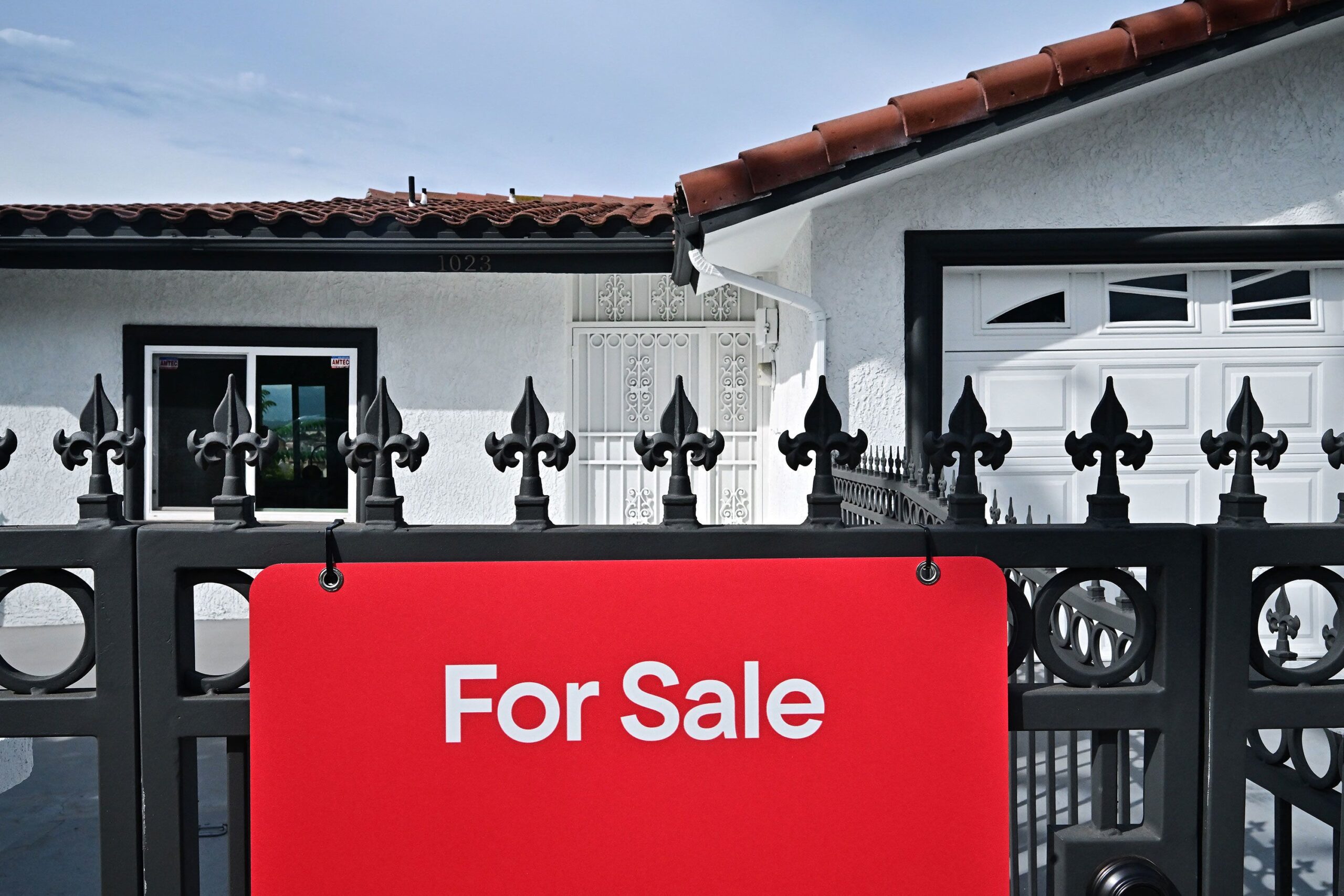Here’s why the housing slowdown isn’t lowering home prices

By Samantha Delouya, Vanessa Yurkevich, CNN
(CNN) — Yasmin Asberry thought selling her home in a Dallas suburb would be simple. Instead, after months of little interest, she dropped the price twice and was on the verge of pulling the listing when she finally got an offer she liked.
“When we first listed it, we were under the impression that people were still excited to buy homes and that they were getting snapped up pretty quickly,” she said. “But we didn’t get very many hits.”
Asberry’s experience reflects a housing market caught in a stalemate.
Just a few years out from the pandemic-era housing boom, the market is stumbling. Many homeowners, anchored to pandemic-era expectations even as the housing market tilts in favor of buyers, would rather pull their listings or let deals fall through than cut asking prices too far or agree to costly concessions. Buyers, meanwhile, are now increasingly willing to walk away.
The result: Sales are stalling, while home prices keep climbing.
In September, 80% of markets saw price increases, the highest share in nine months, led by cities in the Northeast and Midwest, according to data released Monday by financial services company Intercontinental Exchange.
Borrowing costs play a role. Millions of Americans secured ultra-low pandemic-era mortgage rates, which they don’t want to exchange for current, higher rates, said Daryl Fairweather, chief economist at Redfin.
“For sellers, their option besides selling their home is to stay in their home with really cheap mortgages,” Fairweather said. “A lot of sellers who aren’t getting the prices they were hoping for are choosing to delist their homes, or they’re just keeping their homes on the market for a really long time, hoping that the market changes or a buyer comes along who is willing to pay the high price.”
“That strategy doesn’t really work, because buyers are facing these high mortgage rates, and they increasingly can’t afford to pay both high prices and high rates,” she added.
After recognizing how slow the market had become, Asberry compromised. She initially listed her home in a Dallas suburb for $400,000, based on comparable homes in her area. After adding new furniture and retaking her listing photos, she dropped the price to $385,000 — and then again to $365,000 — before she finally received an offer.
“That was it,” Asberry said. “We would have just gone off the market if they didn’t agree to $365,000,” adding that she would have planned to relist her home in the spring with the hope of a more favorable market.
Not on the same page?
Recent housing market data points to a “disconnect” between home buyers and sellers, Fairweather said.
More listings were pulled off the US market this summer than last, according to Redfin data. In fact, delistings have been higher all year compared to last year.
Angie Guillette, a southwest Florida real estate agent, said sellers who are more willing to slash their list price are the ones making the sales lately.
“We have quite a few sellers who, when they’re not getting the number they had in their head — sometimes it’s a number they saw during the pandemic — will take their home off the market, and they will wait,” Guillette said.
These sellers would rather leave the market than lower their prices, which helps keep overall prices elevated, she added.
Record number of buyers are willing to walk away
The mismatched expectations cut both ways. A Redfin report released Tuesday found that home buyers are canceling deals at a record rate. About 56,000 US home-purchase agreements were canceled in August, or around 15% of homes that went under contract that month. That’s the highest August rate on record, according to the report.
Inspections are where many deals collapse. More buyers are pushing for sellers to cover repairs or additional concessions, and sellers are refusing, according to the report.
Heather Anschuetz, a real estate agent in Hendersonville, Tennessee, said she has noticed that buyers are now more willing to walk away.
“There’s so much on the market they can choose from now,” she said. “(And) a lot of buyers are much more hesitant to take on more than they can handle, especially if their budget is kind of maxed out at their monthly mortgage payment anyways.”
Asberry said she had to cut her Dallas-area home’s price more than she wanted, but she negotiated with the buyers so she wouldn’t have to pay for any additional repairs.
Still, the price cut meant the proceeds from her sale didn’t fully cover her move to Washington state.
“We had to use credit for the moving costs. That was like $15,000, which is almost as much as we had to lower our asking price again by the time we got the offer,” she said.
Anschuetz said she often sees sellers willing to negotiate on price but not on repairs — or vice versa.
“Even though my sellers are ready to sell, they’re ready to sell at a reasonable price,” she said. “It’s not a fire sale. They’re not just going to give it to anybody that wants it.”
The-CNN-Wire
™ & © 2025 Cable News Network, Inc., a Warner Bros. Discovery Company. All rights reserved.
